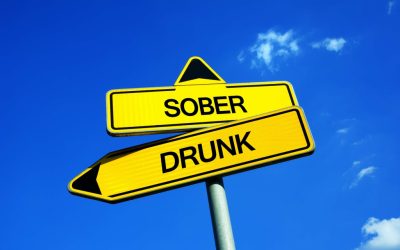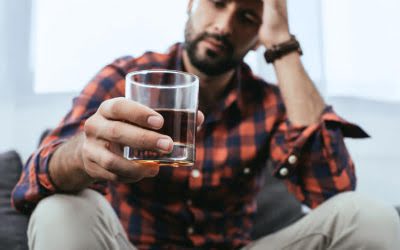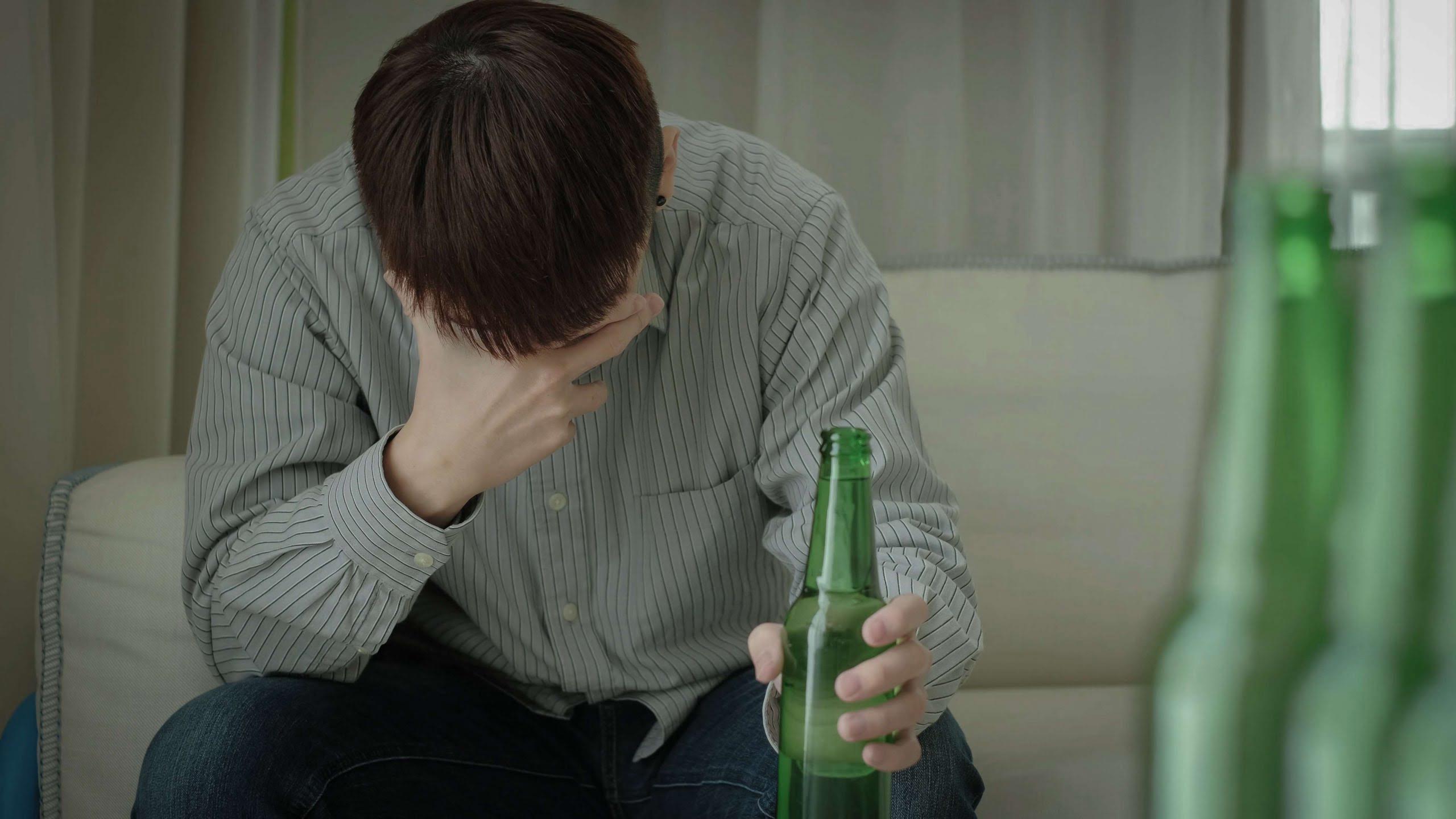Specifically, a growing body of research supports the use of motivational interventions for addressing substance use problems among patients with comorbid psychiatric and substance use disorders. Psychiatric treatment attendance is strongly https://www.errefom.info/page/101/ related to clinical outcomes (e.g., Green & Pope, 2000). This article briefly reviews some of the recent literature on the complex interaction between alcohol dependence and the longer lasting anxiety or depressive disorders.
Getting help if you’re worried about your drinking
Because little evidence exists of an increased risk for obsessive-compulsive disorder among alcoholics, pharmacological treatments aimed at this severe anxiety condition also are inappropriate in the absence of additional evidence of an independent anxiety syndrome. People with DSM-IV alcohol dependence are 3.7 times more likely to also have major depressive disorder, and 2.8 times more https://www.hcial.xyz/types-of-water-softener-salt-that-can-be-used-in-the-treatment/ likely to have dysthymia, in the previous year. Among people in treatment for DSM-IV AUD, almost 33% met criteria for major depressive disorder in the past year, and 11% met criteria for dysthymia. However, major depressive disorder is the most common co-occurring disorder among people who have AUD, partly because it is among the most common disorders in the general population.
Signs and Symptoms of Depression

Regularly drinking a lot of alcohol can cause or worsen symptoms of depression. Self-medicating by drinking more alcohol to try and numb or mask https://food.biz.ua/view.php?id=8624&page=&cat=2&subcat=40&subsubcat=0 depression can also make your symptoms worse. However, drinking alcohol to improve your mood can still put you at risk for developing AUD.

What to Do About Depression and Alcohol Misuse
As time went on, Mike found that his alcohol use expanded to weeknights because he continued to feel depressed. And to be sure, the whiskey seemed to temporarily help by allowing him to “check out”. If you’re physically dependent on alcohol and need to stop drinking completely, stopping suddenly could be harmful. Your GP can give you advice and/or medication to help you do this safely. The government advises that both men and women should not regularly drink more than 14 units a week.

A recent report from the Collaborative Study on the Genetics of Alcoholism (COGA) focused on 591 personally interviewed relatives of alcohol-dependent men and women (Schuckit et al. 1995). Neither male nor female relatives showed increased risks for obsessive-compulsive disorder, social phobia, panic disorder, and/or agoraphobia. A preliminary evaluation of the lifetime rates of major depressive disorders in 2,409 interviewed relatives of alcoholics revealed a rate of 17.5 percent, a figure that was almost identical to the rate observed in control families. Indeed, several disorders are more likely to be observed in COA’s than in control groups, including conduct problems, such as difficulties with discipline at home or in school (Schuckit and Hesselbrock 1994). As cited in our recent review, however, an evaluation by Hill and colleagues1 of 95 COA’s and control subjects at ages 8 to 18 showed no evidence of increased rates for depressive or anxiety disorders in the offspring of alcoholics (Schuckit and Hesselbrock 1994). That same review cited a second study of 283 COA’s and control subjects by Reich and colleagues1 that also reported no evidence for an increase in depressive disorders in COA’s, although evidence indicated a possible higher rate of anxiety symptoms.
- Certain theories give rise to the expectation that alcoholics might have high rates of long-term, independent anxiety and depressive disorders (Wilson 1988).
- The hard truth is anyone who drinks wine, whiskey, beer or any other alcoholic beverages can experience a negative effect on mood.
- As a licensed therapist, Kitley knew the signs of depression and substance abuse — in fact, she attended an Alcoholics Anonymous (AA) meeting as part of her required grad school training.
- However, significant gaps remain in our understanding of these two disorders, and these gaps present important opportunities for future research.
And research continues to produce better medications and therapies to help you detox more comfortably and effectively treat depression symptoms. Several medications and behavioral treatments can help with both depression and AUD. People with AUD are 1.7 times more likely to have had PDD in the previous year.

- However, she says finding a community of fellow sober moms, and returning to therapy as needed, has helped her to stay the course.
- People with depression tend to have higher levels of cortisol in their bloodstream to begin with.
- Alcohol slows down processes in your brain and central nervous system, and can initially make you feel less inhibited.7 In the short-term, you might feel more relaxed – but these effects wear off quickly.
- The first step to recovery is deciding to seek help, contact a treatment provider to explore different treatment options today.
- In one 2018 study, 60 people who recently detoxed from alcohol experienced fewer depressive symptoms after participating in Sudarshan Kriya Yoga for just 2 weeks.


